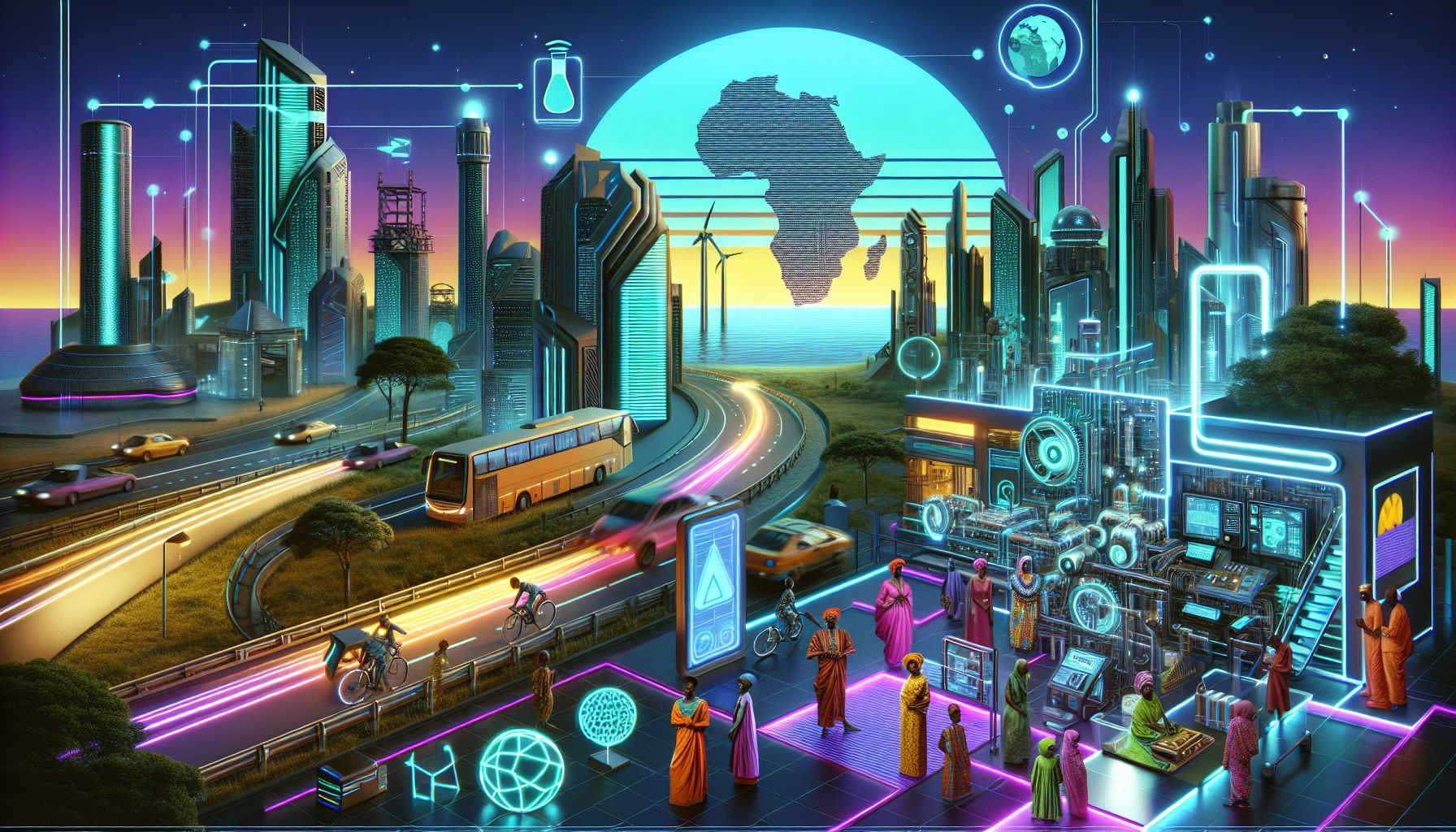Africa's Bright Future in Green Hydrogen: Lighting Up with Renewable Energy

Africa, Monday, 3 February 2025.
Africa is becoming a green hydrogen powerhouse, using its vast renewable resources. Not only moving away from fossil fuels, this transition boosts Africa’s economy and attracts global investment. Exciting times ahead for the continent!
Leading the Green Revolution
I’m thrilled to share how Africa is positioning itself at the forefront of the green hydrogen revolution. The continent is leveraging its abundant renewable resources, with impressive potential including 10 TW of solar power and 110 GW of wind energy [1]. What makes this particularly exciting is the strategic approach being taken - six key regions have been identified for developing green hydrogen economies, including promising partnerships between Morocco, Egypt, South Africa, Ethiopia-Djibouti, Nigeria-Ghana, and Tanzania-Rwanda-Kenya [1].
Investment Momentum
The investment landscape is incredibly dynamic right now. Just this month, I’ve seen remarkable progress with over US$1.4 billion being channeled into more than 30 green projects [3]. This momentum is building up to major events like the African Green and Natural Hydrogen Conference in Addis Ababa this April [2], where industry leaders will gather to shape the continent’s sustainable energy future. The European Union has shown strong commitment too, with substantial funding through their Neighborhood Development and International Cooperation Instrument - an impressive EUR 80 billion allocated from 2021 to 2027 [1].
Innovation in Production
What really excites me is the innovative approach Africa is taking to green hydrogen production. Instead of relying solely on traditional methods, researchers are developing new techniques using biological processes like dark fermentation [1]. This is particularly clever because it doesn’t put pressure on precious freshwater resources - a crucial consideration given that about 400 million people in sub-Saharan Africa already lack access to clean drinking water [1]. The goal is to achieve cost-effective hydrogen production by 2030, utilizing waste energy from industrial processes and expanding dark fermentation reactors [1].
Looking Ahead
The timing couldn’t be better for this green revolution. With 2024 officially recorded as the warmest year on record [3], the urgency for clean energy solutions has never been greater. Africa’s Green Economy Summit coming up this month in Cape Town [3] will further catalyze investment and innovation in this sector. The future looks promising - I see Africa not just participating in the global energy transition but leading it, creating a sustainable model that combines environmental protection with economic growth [1].